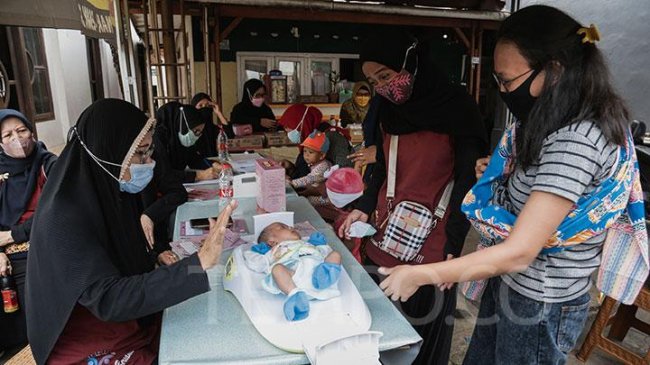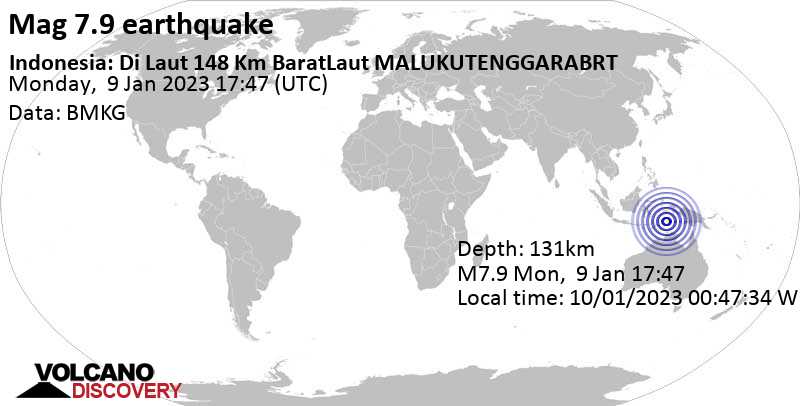TEMPO.CO, Jakarta – The Ministry of Health has determined 12 provinces that need to be focused on accelerating the reduction of stunting in Indonesia. The case of stunting has become a problem in the country that needs supervision from various parties, including the government.
The seven provinces with the highest case of stunting are East Nusa Tenggara (NTT), West Sumatra, Aceh, West Nusa Tenggara (NTB), South Kalimantan, Southeast and West Sulawesi. As well as the other five provinces with the largest number of cases, namely West Java, East Java, Central Java, North Sumatra and Banten.
Definition of Stunting
Quoting from the WorldHealthOrganization, stunting is an impaired growth and development that children experience from poor nutrition, repeated infection, and inadequate psychosocial stimulation. Children are said to be suffering from stunting if their height is below the general age.
Some of the influences that can be the cause of stunting include poor cognition and educational performance, low adult wages, lost productivity accompanied by excessive weight gain during childhood, and increased risk of chronic disease related to nutrition in adulthood.
From the Ministry of Health of the Republic of Indonesia’s official website, the lack of a person’s potential growth is caused by chronic malnutrition and recurrent illnesses during childhood. This can permanently limit a child’s physical and cognitive capacities and cause lasting damage.
The direction of the president of the Republic of Indonesia towards accelerating the reduction of stunting in Indonesia has been stated in the Presidential Regulation Number 72 of 2021 concerning the Acceleration of the Reduction of Stunting. Currently, cases of stunting are increasing in Indonesia.
The cause of stunting is a lack of nutritional intake which is received by toddlers, starting when they are still inside the womb (9 months 10 days) until the age of two years old, stunting can be recognized among children of those ages as their average height are less than a common two years old child.
The main causes of stunting in Indonesia are insufficient nutritional intake for children’s needs, parenting issues due to lack of knowledge and education for pregnant and lactating mothers, and poor living environment.
Before birth, around 23% of newborns were already suffering from stunting due to the expectant mothers in their teenage years experiencing malnutrition and anaemia. And after birth, the stunting rate increases significantly at the age of 6-23 months.
Because of this, it is necessary to measure body length and monitor the development of toddlers at the integrated healthcare centers (posyandu) every month, so that they can detect nutritional problems that occur for early interventions.
MALINI | IMAJI LASAHIDO (INTERN)
Click here to get the latest news updates from Tempo on Google News



































